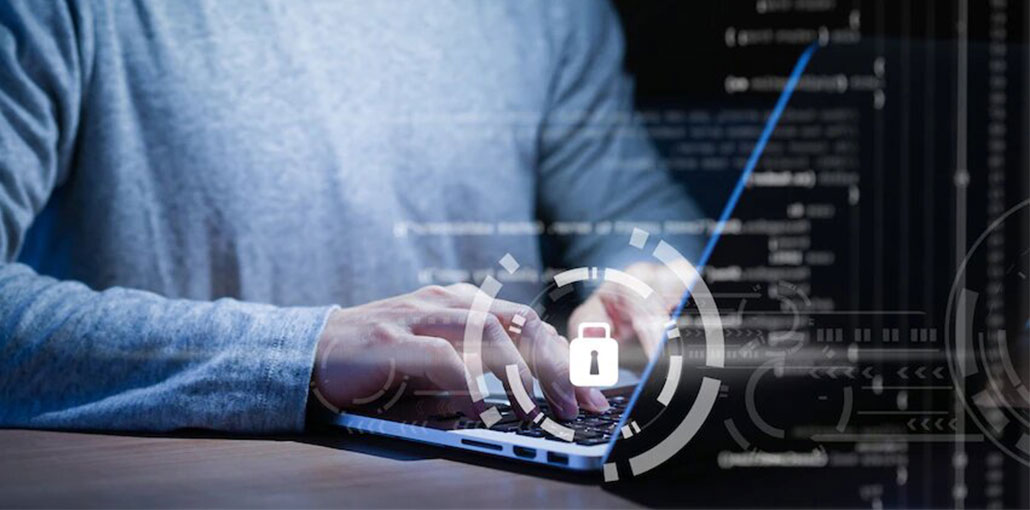Joe Biden, among other presidents, is warning the providers of critical infrastructure to be hyper-vigilant of potential Russian cyber attacks. It has commonly been understood the huge role that cyber-attacks will play in future warfare, but we have yet to experience a cold war in which they are so highly relevant. Canada, too, is on high alert, although a spokesman from ITWorldCanada recently claimed they are not aware of any current specific threats to Canadian organizations.
What do cyber attacks look like for ordinary people
There are many, many ways that the western world is vulnerable to cyber-attacks. They could range from having sensitive data stolen or leaked to entire disruptions to the operations of our daily lives.
Electricity
On the extreme end, we have the US conceding the fact that they believe China “and probably one or two other countries” could take down the US power grid. The National Security Agency explained that segmented, tailored parts of the infrastructure could be shut down, which would interrupt delivering certain services to US citizens.
Canada’s intelligence, too, believes this is a threat to Canadian power. In late 2020, Canada identified state-sponsored programs in Russia, China, Iran, and North Korea as being major cyber-crime threats – long before the invasion of Ukraine to which Canada is volunteering large amounts of defensive weaponry to.
Modern power grids are heavily computerized in order to protect them from weather disruptions, but it means being more vulnerable to cyber-attacks. Russia has previous of this when they took down a part of Ukraine’s electricity grid in 2015 for six hours. It doesn’t take much imagination to guess what this could mean for ordinary people, who may have their home electricity compromised, as well as the business services they frequently used. It may mean not being able to drive their EV car or work from home.
Also read: 5 Tips to Protect your Network from Malware Attacks
System Malware
So, whilst ordinary businesses are often one of the biggest losers when it comes to these attacks, such as the NotPetya attack on accounting software that thousands of companies use around the world, it can also impact individuals, like when around 7,000 Brits had their healthcare appointments canceled due to the WannaCry cyber-attack on NHS systems.
In theory, this shines a light on how it goes beyond costly inconvenience and could even cost lives if medical data were manipulated or appointments were interrupted. Almost all of our basic needs, like healthcare, are dependent on interconnecting technologies.
Unintended consequences of cyber attacks
Professor Alan Woodward, from the University of Surrey, claims that these cyber-attacks can have unintended consequences for Russia too. “These types of uncontrollable hacks are much more like biological warfare, in that it’s very difficult to target specific critical infrastructure in specific places. WannaCry and NotPetya saw victims in Russia too.”
It may not be much of a consolation in the aftermath of a cyber-attack, but it does help understand the full scale of them. Often, retaliation isn’t the main threat for conducting an attack, but instead unintentionally damaging your own citizens and infrastructure, particularly with software attacks.
Also read: Who is Better For Security: VPNs vs. Firewalls vs. Antivirus
How can everyday Canadians help defend themselves from cyber attacks
Inevitably, there is very little one can do to protect from an attack on their nation’s healthcare system or electricity grid. However, there are other potential threats that can be reduced by taking care of your activity online.
VPN
Firstly, using a Virtual Private Network should be standard practice by now, for all citizens and businesses. Whilst they’re common for bypassing geo-locked content, they ultimately ensure you have a secure connection. It’s common to work in cafes, hotels, and public spaces now, but this is a threat. In the event they were being surveilled, sensitive data can be easily stolen. However, a VPN provides a direct secure connection, meaning that not only do you have anonymity, but you’re protected from unstable connections. Sites such as bestvpncanada.com can provide a summary of the most secure VPNs to use.
IoT
If you think about it, any device that is connected to the internet is a potential threat. However, we can be reasonably confident that our Windows or Mac device is intelligent enough to defend against basic attacks, and a VPN can protect our network connection. However, what about the devices that have less built-in software security?
IoT stands for ‘internet of things, which are ‘things’ that connect our physical objects to the internet. For example, our home may be cluttered with Alexas, smart thermostats, baby monitoring cameras, CCTV, and many other devices that connect to our WiFi. Many of these devices will not be regularly updated with rigorous cyber security, meaning they’re easy targets.
Insecure data storage could be one potential weakness, but they can also be used as botnets, to steal weak passcodes, and even gain access to controlling the device.










Leave a comment